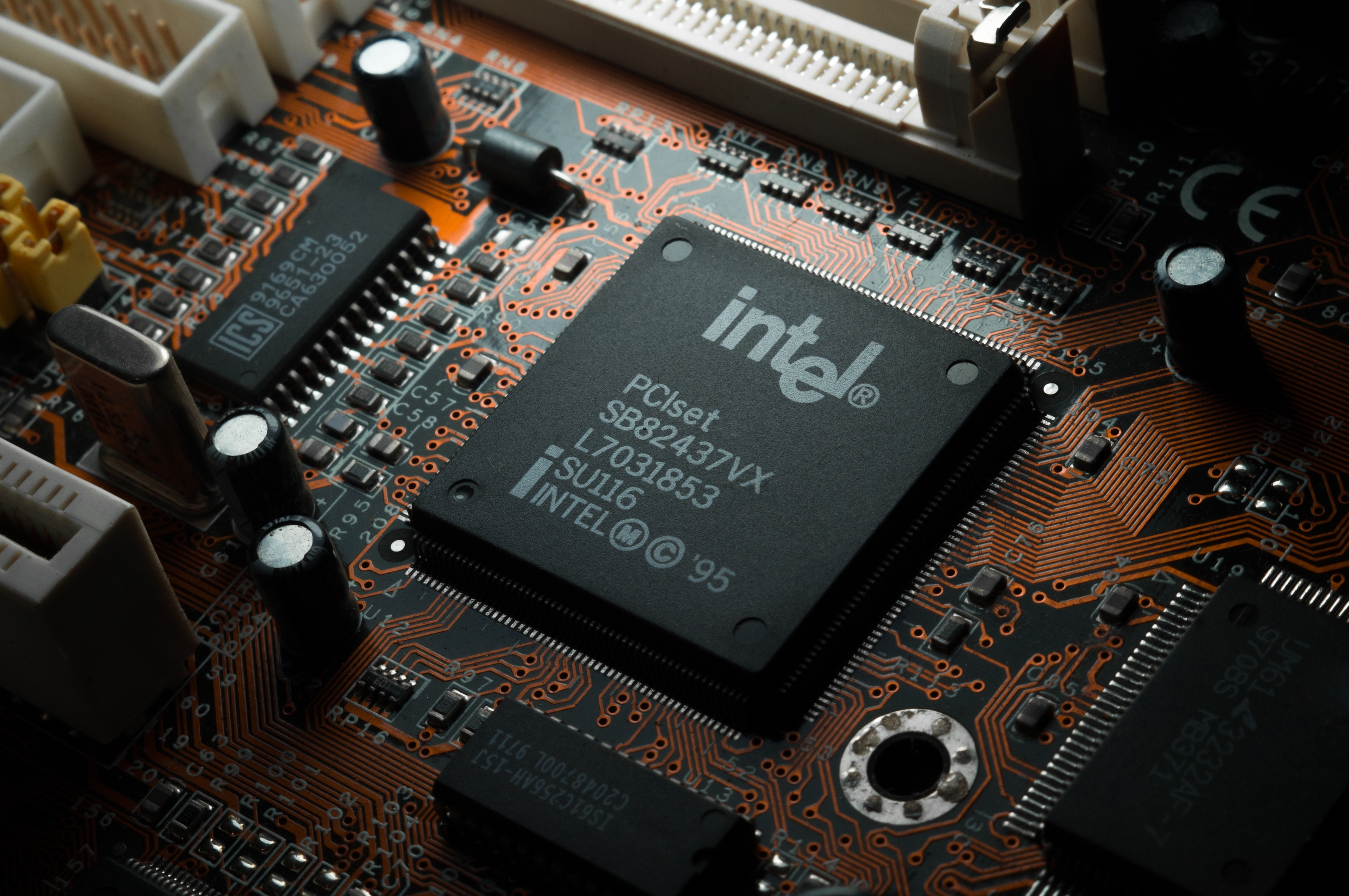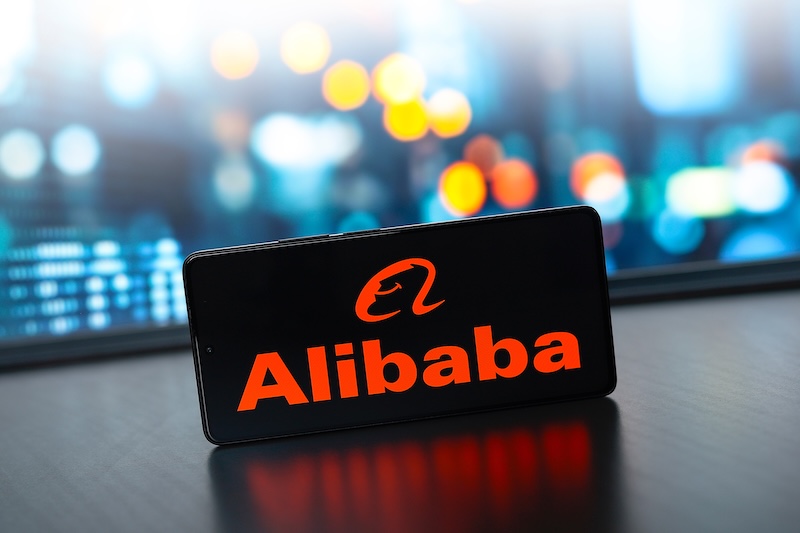
Intel's Strategic Spinoff Saga: Refocusing for the Future
Intel's recent divestment of its AI software business, Articul8 AI, signifies a strategic shift towards consolidating its core operations in chip manufacturing. This move, supported by investments from DigitalBridge Group and other entities, aligns with Intel's broader strategy under CEO Pat Gelsinger. Intel has been realigning its focus by shedding non-essential businesses and assets, as seen in previous divestments like Mobileye and IMS Nanofabrication.
The decision to spin off Articul8 AI into a separate company helps Intel to raise capital, necessary for its ambitious plans to challenge Taiwan Semiconductor Manufacturing Company's (TSMC) supremacy in chip manufacturing. Intel's strategy is not merely disassembly but a calculated effort to regain its footing in chip technology by overcoming financial constraints, such as negative free cash flow and the high costs associated with procuring cutting-edge manufacturing equipment. The spin-off of Articul8 AI is a part of Intel's larger objective to focus resources and investment on regaining leadership in the semiconductor industry.

Fox Corporation (NASDAQ: FOXA) delivered an impressive Q3 CY2024 performance, exceeding market expectations with a revenue increase of 11.1% year-over-year, totaling $3.56 billion. This revenue surpassed analysts' predictions by 5.7%. The company also reported adjusted earnings per share (EPS) of $1.45, a notable 26.1% above consensus estimates[B1] .* EBITDA came in at $1.05 billion, beating forecasts by 17.5%.

Fox Corporation (NASDAQ: FOXA) delivered an impressive Q3 CY2024 performance, exceeding market expectations with a revenue increase of 11.1% year-over-year, totaling $3.56 billion. This revenue surpassed analysts' predictions by 5.7%. The company also reported adjusted earnings per share (EPS) of $1.45, a notable 26.1% above consensus estimates[B1] .* EBITDA came in at $1.05 billion, beating forecasts by 17.5%.



